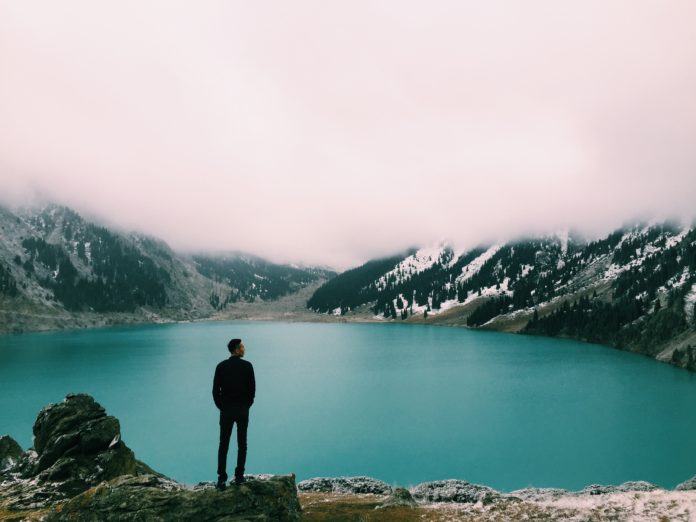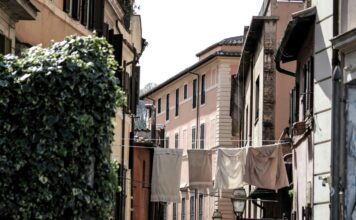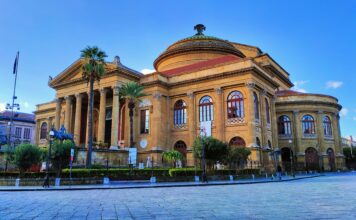Central Asia, a not such a popular traveling destination among travelers these days, although in the past it was a very meaningful and visited region. It represented the crossroad for traders between Europe, Western Asia, South Asia, and East Asia. Today, Central Asia consists of 5 republics: Kazakhstan, Tajikistan, Turkmenistan, Kyrgyzstan, Uzbekistan. As you noticed, all the names have the ending “-stan”, which in Persian means “land of”.
But the question is: Why should you travel to this unpopular travelling destination? Well, keep on reading!
Nature
The first thing on this list is the untouched, breath-taking nature. Uninhabited lands, snowy mountains, fresh air and beautiful green valleys–scenarios that aren’t seen very often these days. Here you can drink water directly from the river or stream. The only thing you should be aware of is the rich and dangerous fauna.
The Yurts
Yurt is a movable, round tent, made from wooden beams, latticework, covered by animal skins. Sleeping in the middle of nowhere, without electricity or internet, watching the stars and sitting next to a bonfire would be the highlight of your life.
The Markets
The markets of Central Asia are some of the most interesting and oldest markets in the world. Thanks to the Silk Road Trading Route legacy you can find anything and everything: handmade clothes, colorful veggies, and fruits, dairy products, fresh meat and it is all organic!
The Culture
Islam is the main religion in Central Asia, so here you can find some of the most beautiful mosques in the world. However, the true beauty of this region lies in the mixture of languages, religions, and tribes. Central Asian people are very family oriented and friendly, even to strangers, and some of them still practice nomadic customs. They live in yurts, ride horses and they even make their own clothes. Central Asia is also the birthplace of some worlds greatest scientists, historians and poets.












